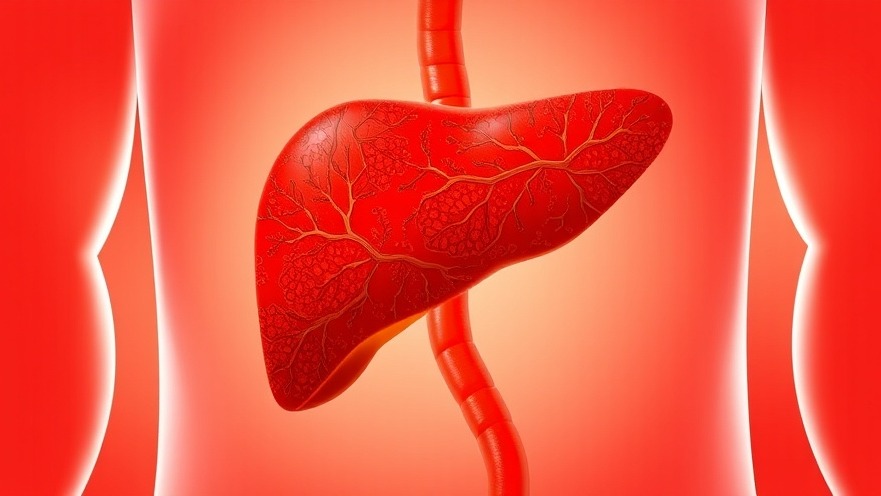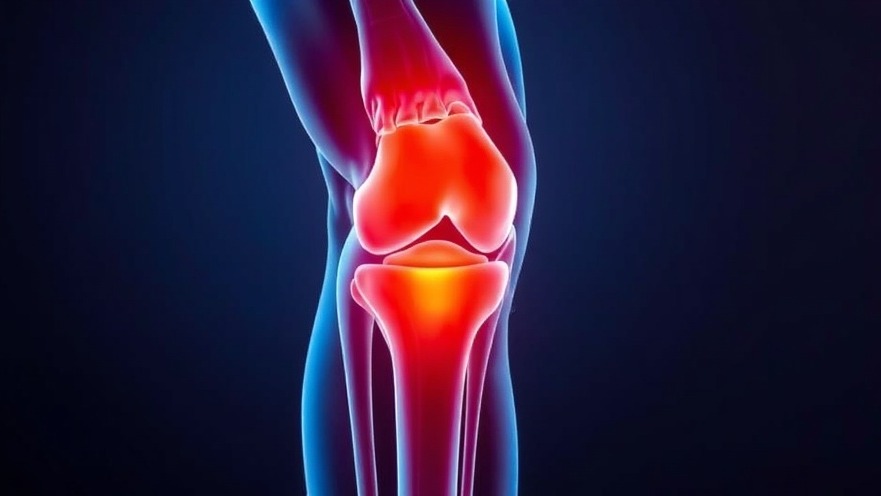
Unlocking the Potential of Machine Learning in Liver Disease Diagnostics
In the realm of healthcare, innovation often paves the way for improved patient outcomes. Recently, researchers have made significant strides in utilizing machine learning to identify biomarkers that can aid in diagnosing liver diseases, particularly metabolic dysfunction-associated steatotic liver disease (MASLD) and hepatic fibrosis. For medical professionals, especially those running concierge practices aimed at delivering personalized care, understanding this advancement is crucial.
The Challenges of Current Diagnostic Practices
The pressing need for efficient and accurate liver disease diagnosis stems primarily from the historical reliance on invasive liver biopsy procedures. As noted by Dr. Mohammad Alfrad Nobel Bhuiyan from Louisiana State University Health Sciences Center, the lack of validated biomarkers has compounded the challenges faced by healthcare providers and patients alike. In fact, by incorporating advanced technologies like machine learning, there’s a chance to shift away from traditional methods that often place a hefty burden on patients.
A Glimpse at the Research Findings
The recent study published in *The Journal of Clinical Endocrinology & Metabolism* showcases how machine learning models can accurately predict MASLD and hepatic fibrosis using data gathered from the National Health and Nutrition Examination Survey. The study analyzed a diverse cohort of over 12,000 adults, paving the way for machine learning to step in and assist in identifying biomarkers linked to liver health. These findings could revolutionize how concierge medical practices approach diagnostics, emphasizing patient-centered care.
Why This Matters for Concierge Practices
For concierge medical practice owners, integrating these technological advancements can enhance patient engagement and care quality. Patients who experience comprehensive assessments that utilize the latest technologies are more likely to trust their providers. By showing a commitment to advanced diagnostics and understanding the nuances of liver diseases, practices can set themselves apart as leading authorities in the field.
Future Outlook: The Role of AI in Personalized Medicine
As methodology and technology continue to evolve, we can expect to see even more refined applications of artificial intelligence in healthcare. The potential for machine learning is vast, from streamlining diagnostics to even suggesting personalized treatment plans based on individual biomarker profiles. For concierge practices looking to exhibit their dedication to innovation, staying ahead of these trends will be vital.
Actionable Steps for Growing Your Concierge Practice
As a practice owner, consider these steps to integrate the emerging technologies effectively:
Educate yourself and your team about machine learning developments and how they apply to liver disease diagnostics.
Foster partnerships with researchers and institutions to stay informed about evolving best practices.
Implement software that utilizes machine learning to support clinical decision-making in liver health assessments.
By taking these actions, you not only enhance your knowledge but also improve the caliber of care provided to your patients, solidifying your practice’s position as a top local provider.
Conclusion: Embrace the Future of Healthcare
With machine learning emerging as a powerhouse in medical diagnostics, the opportunity to transform patient care is at our fingertips. By understanding and leveraging these innovations, concierge practices can not only grow their business but also foster deeper connections with patients—transforming lives one liver at a time.
 Add Row
Add Row  Add
Add 






Write A Comment